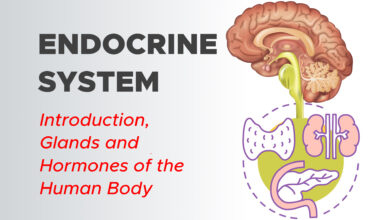Good To Know
Helpful Topics for Cancer Information
-

Understanding Blood Pressure (BP) Readings: What is the High Blood Pressure Range?
What Do Your Blood Pressure Numbers Mean? Blood pressure is a measure of the force that your heart uses to…
Read More » -

Trocar Site Hernia (Port Site Hernia): Definition, Classification, Pathogenesis
In 1987, Mouret performed the first laparoscopic cholecystectomy dramatically changing surgical practice. The performance of abdominal laparoscopic surgery increased and…
Read More » -

Diabetes Tests for Type 1 Diabetes, Type 2 Diabetes, and Prediabetes
You’ll need to get your blood sugar tested to find out for sure if you have prediabetes or type 1, type 2, or gestational diabetes. Testing…
Read More » -

Colonoscopy: Preparation, Procedure, Insurance Coverage
Colonoscopy or coloscopy is the endoscopic examination of the large bowel and the distal part of the small bowel with a camera or a fiber optic camera on a flexible tube passed through the anus. It…
Read More » -

Endocrine System
Introduction to the Endocrine System The endocrine system, along with the nervous system, functions in the regulation of body activities. The nervous…
Read More » -

Interesting Physiology: 15 Awesome Facts You May Not Know
Physiology is the science of life. It is the branch of biology that aims to understand the mechanisms of living…
Read More » -

Anemia Overview: Definition, Symptoms, Causes, Types, and Risk factors
What is Anemia? Anemia (also spelled anaemia) is a condition in which you lack enough healthy red blood cells to carry adequate…
Read More » -

Familial Adenomatous Polyposis (FAP)
Familial Adenomatous Polyposis (FAP) Classic familial adenomatous polyposis, called FAP or classic FAP, is a genetic condition. It is diagnosed…
Read More » -

Hyperlipidemia: Etiology, Pathophysiology, Symptoms, Diagnosis, Treatment, Prognosis
Introduction Hyperlipidemia is a condition that incorporates various genetic and acquired disorders that describe elevated lipid levels within the human…
Read More »
